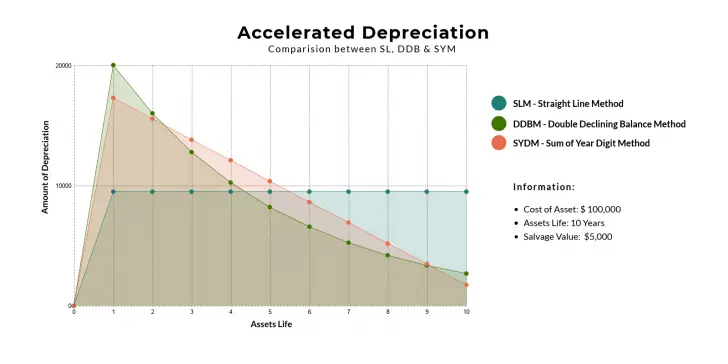EBIT margin
The EBIT margin is a financial ratio that measures the profitability of a company calculated without taking into account the effect of interest and taxes. It is calculated by dividing EBIT (earnings before interest and taxes) by sales or net income. EBIT margin is also known as operating margin. It is characterized by reflecting the … Read more



